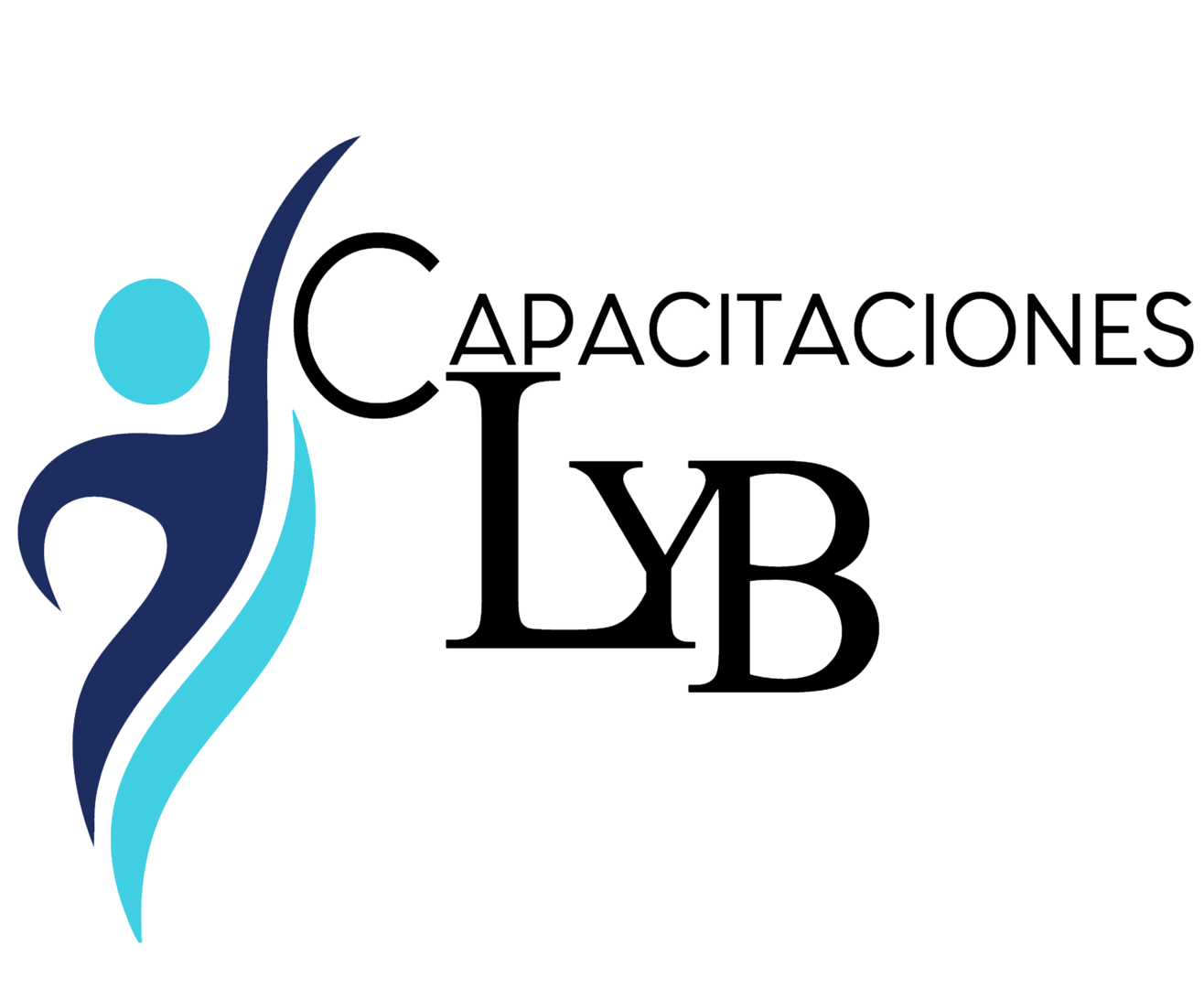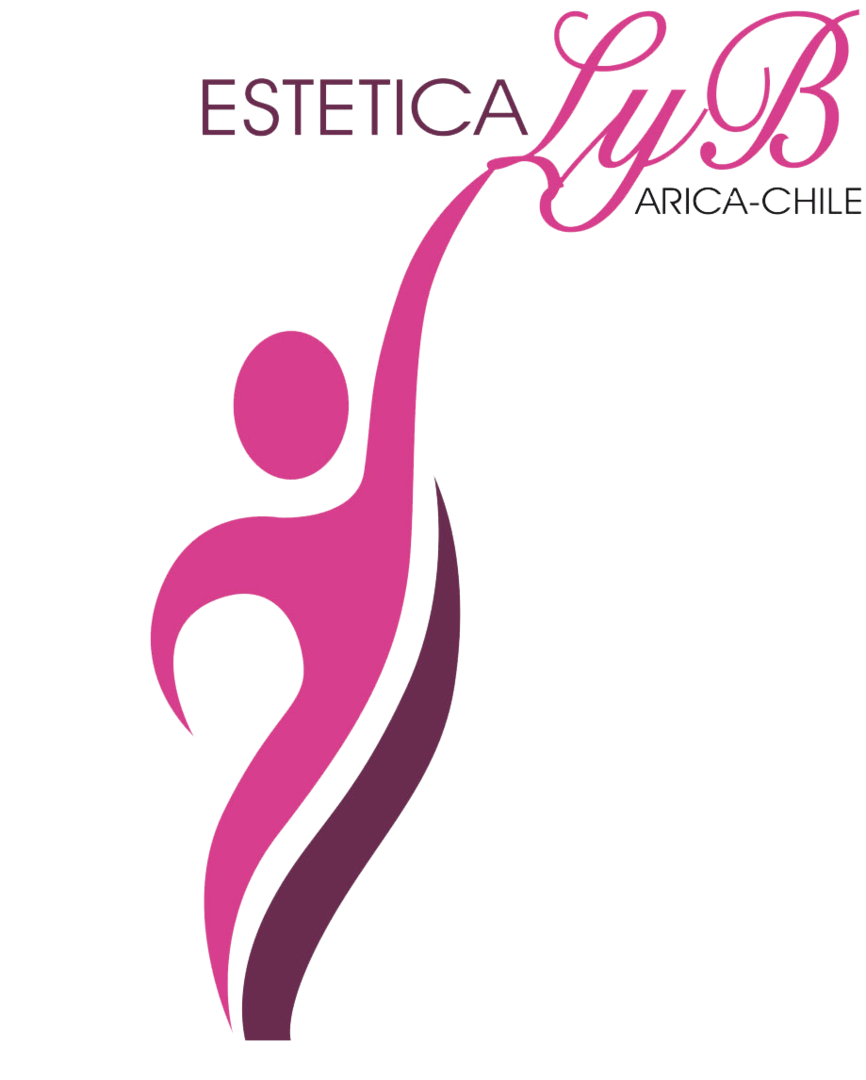
Such home remedies may include staying hydrated and keeping the bedroom at a comfortable temperature. The severity of your symptoms is proportional to your alcohol intake, according to Mayo Clinic. If you are experiencing these effects or believe your drinking has gotten out of hand, talk with your doctor or other trusted professional. According to him, there are multiple reasons that can lead to this problem, and the amount of alcohol also has a major role to play. No points for guessing that high body why does alcohol make you hot temperature and increased heart rate are the biggest culprits here. Taking one glass of alcohol after another may cool you down mentally, but physically, you may feel the heat, quite literally!
How Does Alcohol Affect Body Odour?
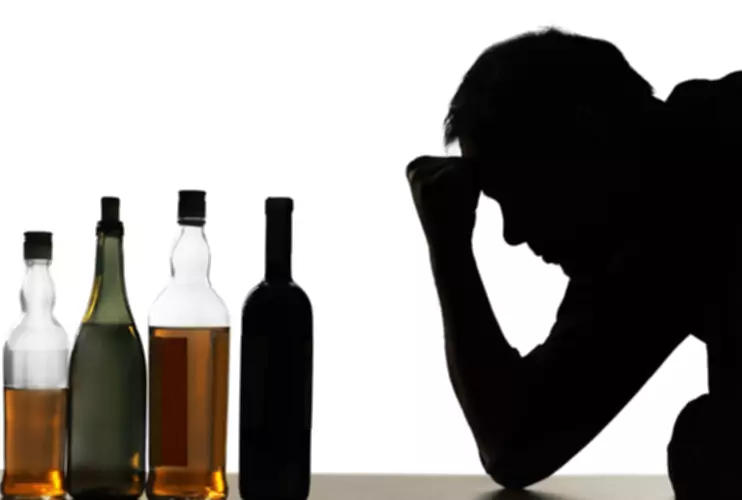
Their reaction is often best described as a “flush,” characterized by redness, sweating, and hot or burning sensations on the face and other body parts. People with this condition can be at a higher risk for alcohol-related hypertension and esophageal cancer. Another circumstance where alcohol consumption can lead to sweating Substance abuse is an alcohol-related skin reaction. This form of alcohol intolerance is less common, and primarily occurs in two situations. While there could be several different explanations for this, alcohol is a common cause of night sweats and this can be a physical sign of alcoholism.
- While night sweats eventually subside on their own, professional detox programs can ease withdrawal symptoms and provide medical support.
- These strategies can help maintain hydration levels and potentially lessen the occurrence of night sweats.
- Alcohol night sweats refer to the occurrence of excessive sweating during the night, often affecting the face, chest, back, and arms.
- Explore why residential treatment centers aren’t always possible for recovery and discover alternatives.
- The duration of an alcohol rehabilitation program varies based on individual needs, treatment goals, and the type of program chosen, with options ranging from short-term detox to long-term recovery plans.
Empowering Student Opioid Addiction Rehab
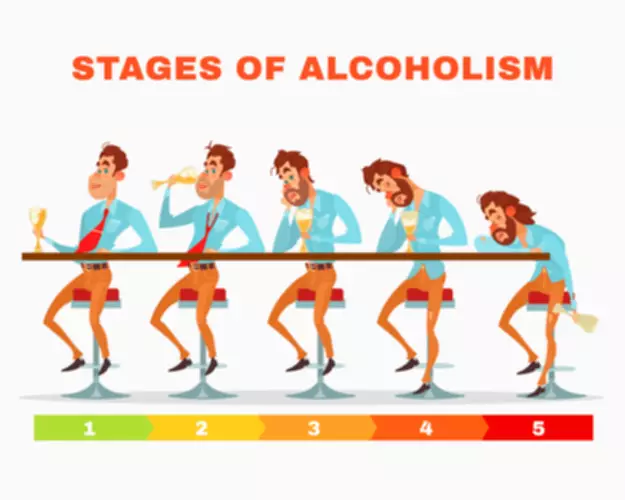
Experiencing night sweats after drinking alcohol can be both uncomfortable and disruptive to a good night’s sleep. Fortunately, there are several practical steps you can take to manage and reduce the severity of these symptoms. Here are some tips to help you minimize discomfort and ensure a more restful sleep. Sweating after stopping drinking is very common.Alcohol withdrawal, a challenging and often uncomfortable experience, can bring about various physical and psychological symptoms. One particularly bothersome symptom is night sweats, which can significantly disrupt sleep and contribute to the overall discomfort of withdrawal. As blood alcohol levels rise in the interim, several different effects of intoxication will become more evident.
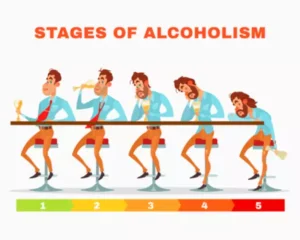
Incorporating Mindfulness into Daily Routines for Better Mental Health
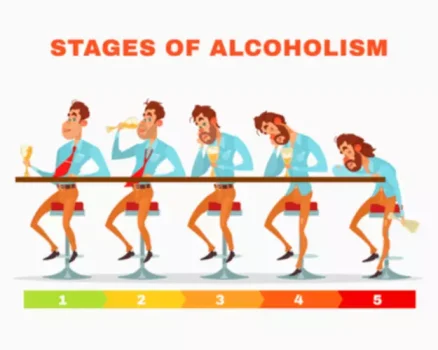
While night sweats eventually subside on their own, professional detox programs can ease withdrawal symptoms and provide medical support. Medications may be prescribed to alleviate discomfort and prevent complications like dehydration and electrolyte imbalances. Alcohol intolerance is a condition characterized by an immediate, uncomfortable reaction to alcohol consumption. Unlike alcohol allergy, which is rare and involves the immune system, intolerance generally stems from a genetic inability to metabolize alcohol properly. This section explores the effects of alcohol intolerance and how it contributes to symptoms like night sweats. Alcohol night sweats refer to the occurrence of excessive sweating during the night, often affecting the face, chest, back, and arms.
Explore the connection between sleep and addiction, and how better sleep can support recovery. Explore how substance abuse can lead to mental illness, the link between the two, and treatment approaches. Unravel what causes money addiction, its impact, and how to seek help for a healthier financial future.
How Setting Healthy Boundaries Improves Mental and Emotional Well-Being
Alcohol’s ability to alter the body’s heat regulation mechanisms significantly contributes to the occurrence of night sweats. Understanding these effects sheds light on why these discomforts happen and guides individuals on how to manage or mitigate them effectively. Reducing alcohol intake, adjusting the sleeping environment, and staying hydrated are practical steps that can help lessen the impact of night sweats caused by alcohol. You should also speak to your doctor if you think another underlying health condition may cause your night sweats.
Alcohol addiction is the compulsive need to drink, regardless of the consequences. It is when someone regularly drinks to excess and has developed alcohol dependence. If you drink more than the recommended limits and are experiencing negative consequences, you may struggle with alcohol addiction.

Alcohol withdrawal can be deadly and the symptoms should not be ignored. You should seek medical attention immediately if night sweats are occurring after abstaining from alcohol and in the presence of any of the other alcohol withdrawal symptoms. If someone has developed alcohol dependency, they may experience excessive sweating, hot flashes, and night sweats if they stop drinking. Night sweats during alcohol withdrawal involve excessive sweating during sleep, leading to waking up feeling cold due to the body’s response to the absence of alcohol. Recognizing and addressing these symptoms under medical supervision ensures a safe and supported recovery process. One reason behind experiencing night sweats after drinking alcohol is due to alcohol withdrawal.
Supported living
This hormonal disruption can cause night sweats as the body struggles to adapt to the sudden absence of alcohol. Excessive drinking has numerous impacts on your body and mind, ranging from mild to severe. Learn which signs to look out for, and how to care for your well-being.
How can you be sure that your sweating is indeed due to alcohol?
Duration of symptoms can vary depending on the amount of alcohol a person has consumed, the rate at which their body processes alcohol, and their overall health. People experiencing alcohol withdrawal relating to alcohol dependency should consider seeking urgent medical attention. This article covers the possible causes of alcohol-related night sweats, including how to manage night sweats after drinking.

